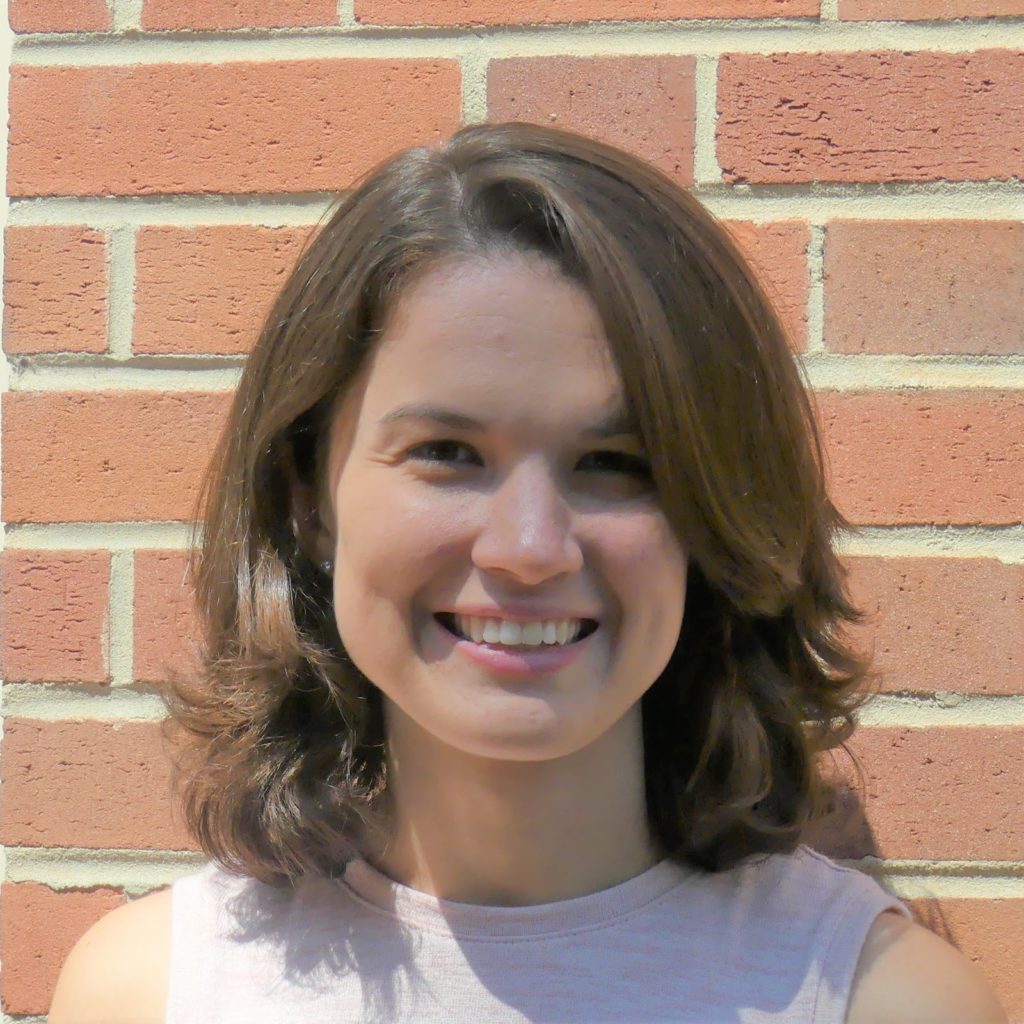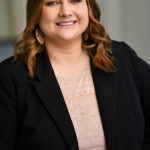
Alexandria Lesak received her Master of Public Health in Epidemiology from Kent State University in 2015. She is currently a first-year doctoral student in the Department of Maternal and Child Health at the University of North Carolina – Chapel Hill. Prior to starting her doctoral studies, Alexandria worked at Akron Children’s Hospital in Akron, Ohio for four years, where she led and supported efforts in clinical research, health policy, and injury prevention programming.
Through these roles, she realized how child maltreatment can influence health and development across the life course. This fueled her passion to focus her studies and research on child maltreatment prevention. Her research interests focus on societal-level factors that influence child maltreatment outcomes. Currently, she is exploring how policies which impact household income influence child maltreatment. She is passionate about improving policies and systems to better serve families, creating environments where health and well-being are optimized.
“Prior to starting my doctoral studies, I was blessed to work at Akron Children’s Hospital in Akron, Ohio for nearly five years. During this time, I served in three distinct roles, focusing on pediatric injury and trauma through a variety of lenses. While there were differences in day-to-day tasks, collaboration was a substantial part of each role. It was through partnerships with Maternal and Child Health (MCH) leaders across sectors, such as public health, public safety, government relations, and healthcare, where I gained much of my maternal and child health knowledge base and training.
In my first role at Akron Children’s Hospital, I analyzed thousands of health records to identify trends in pediatric injuries across the hospital’s service area. When presenting these findings to our local Safe Kids coalition, we would discuss and prioritize specific injuries or geographic areas to focus our efforts. We would then partner with organizations serving areas with high injury rates to prevent these injuries by identifying the underlying risk factors. As these risk factors were often not in health records, partnering with local organizations to identify the most effective prevention strategies was critical to achieving a reduction in injuries.
In addition, we sometimes found, while a particular type of injury may not often occur, it may be something the community wanted to focus on because of how said injuries have impacted children and families in the area. An example of this would be, playground injuries were found to be highest in a specific area within the county; however, when sharing the data with our community partners, they expressed injuries due to car crashes had a much greater impact on their own local community. Through these collaborations, invaluable contextual information was added to our data reports, increasing our collective capacity to prevent injuries.
Experiential learning opportunities continued as I began the UNC-Chapel Hill MCH doctoral program. I have had the privilege of assisting with the development of Teach2Reach, a sex trafficking prevention program designed for middle- and high-school students. Working in this collaborative team has taught me, not only about sex trafficking as a major public health issue, but also how policies can support the translation of research to practice. Our collaboration with the North Carolina Coalition Against Sexual Assault, has enhanced my knowledge of how impactful partnerships between academic institutions and practice-based organizations are to understanding and improving complex systems involving youth.
As graduate students, it can feel overwhelming when considering how much knowledge there is to learn in the MCH field. While we strive to focus our areas of interest, we recognize there are related fields that influence our work, as well as how MCH populations are connected throughout the life course. This is where I believe collaboration plays an integral role.
As we all continue to learn in the MCH field, collaboration is not only critical for policy or program development, implementation, or outcomes, it provides incredible opportunities for experiential learning. Regardless of role, whether it be a student, clinician, epidemiologist, scientist, or public health professional, learning from each other can provide us with the capacity to build beyond what we could have achieved individually. “

